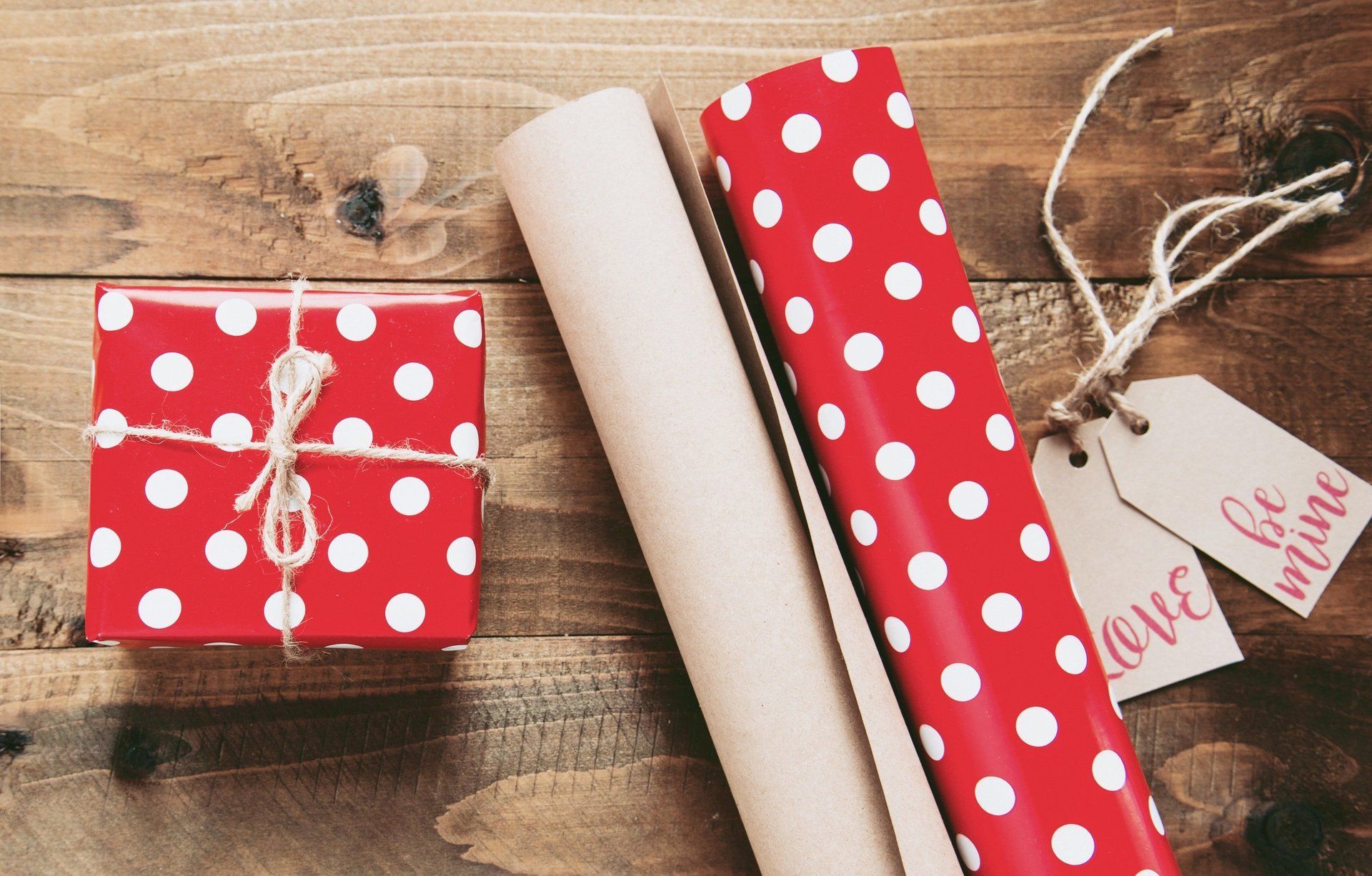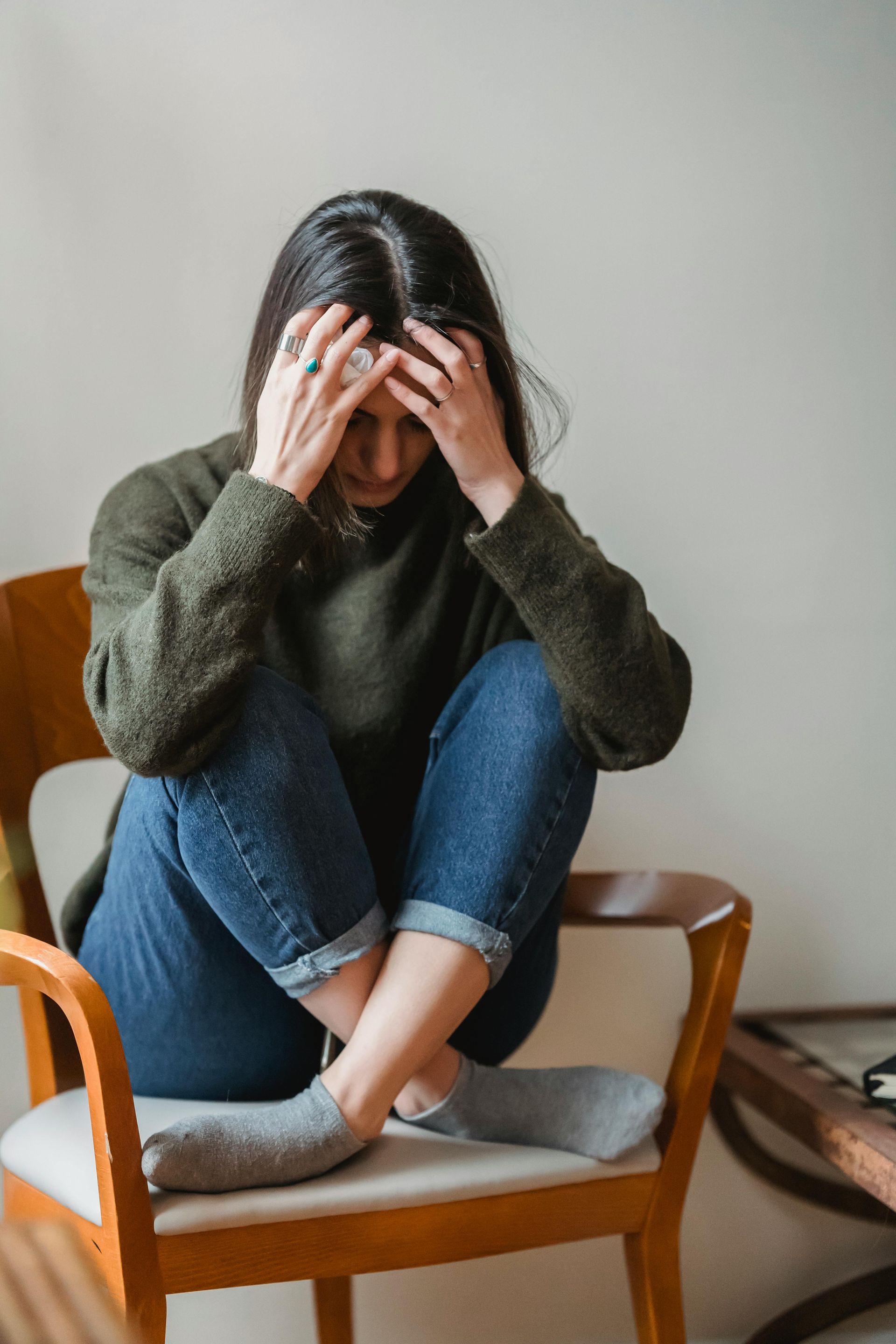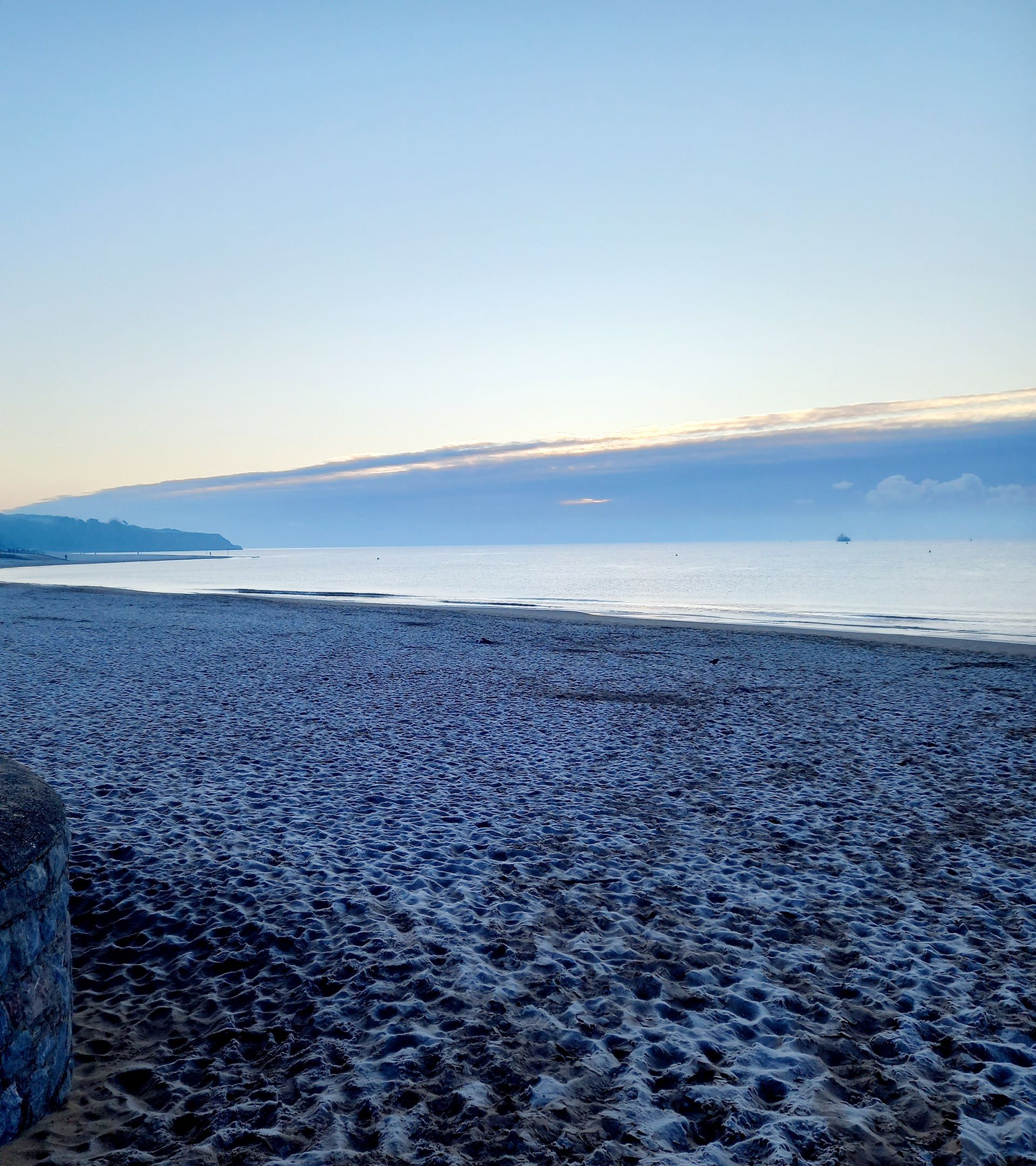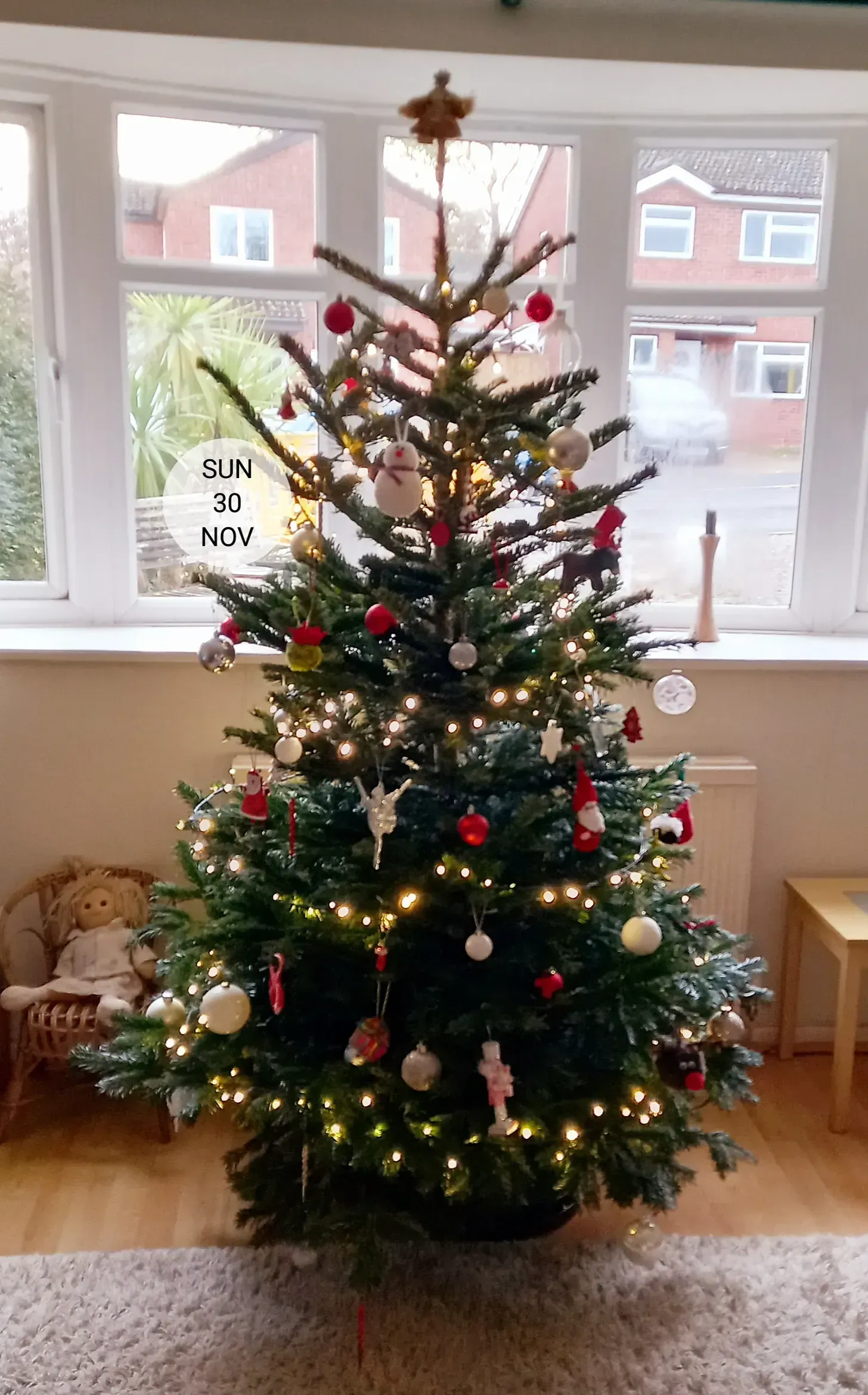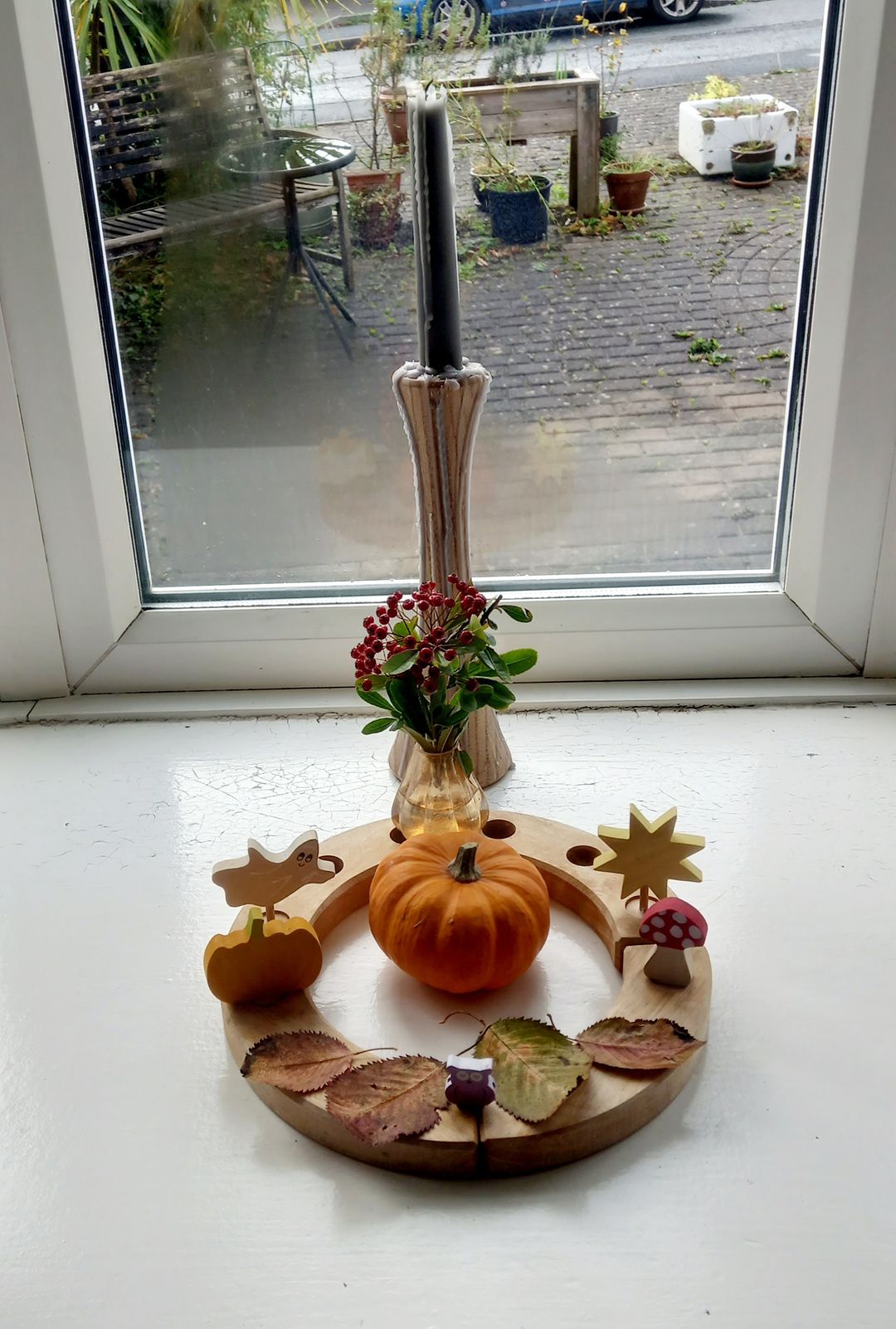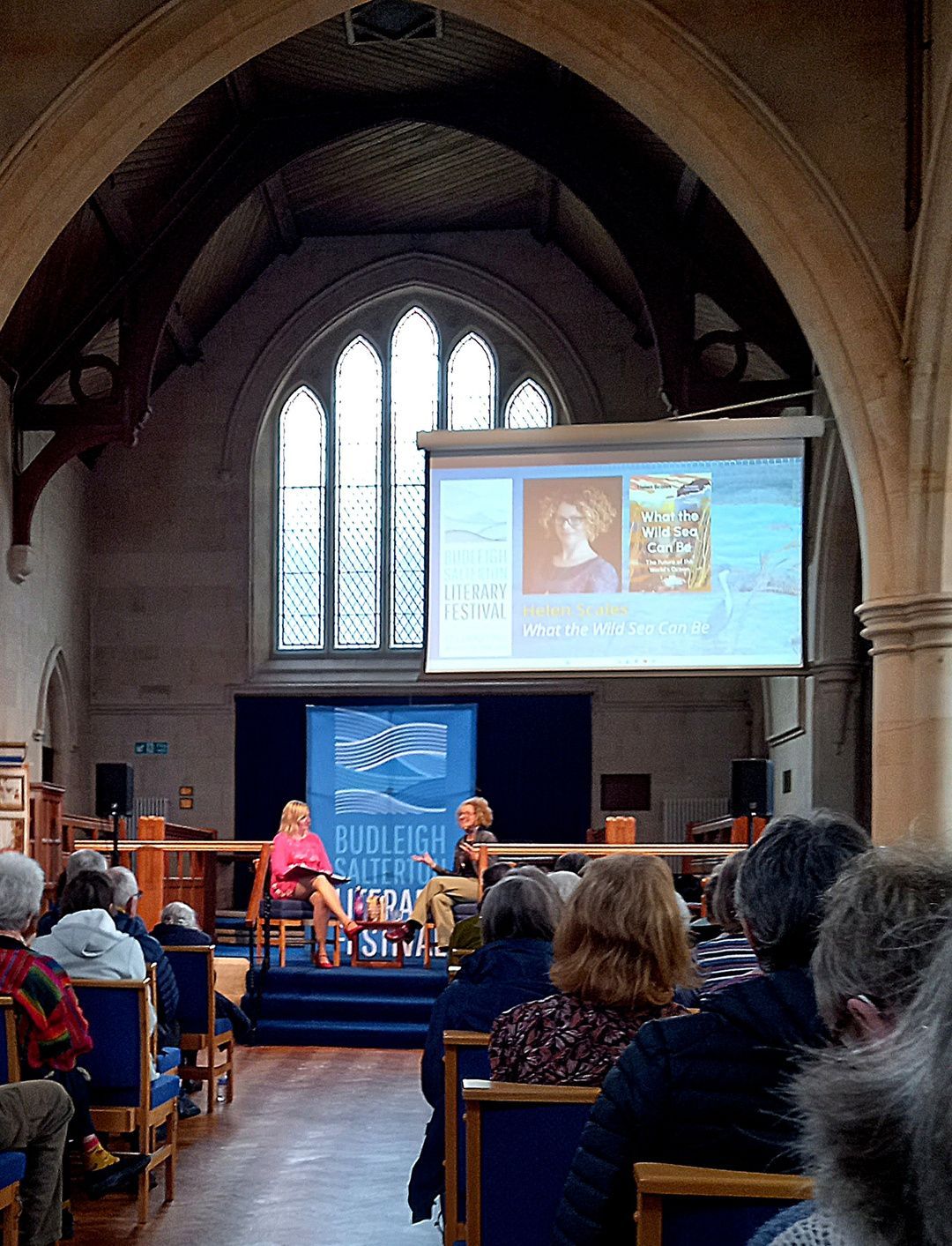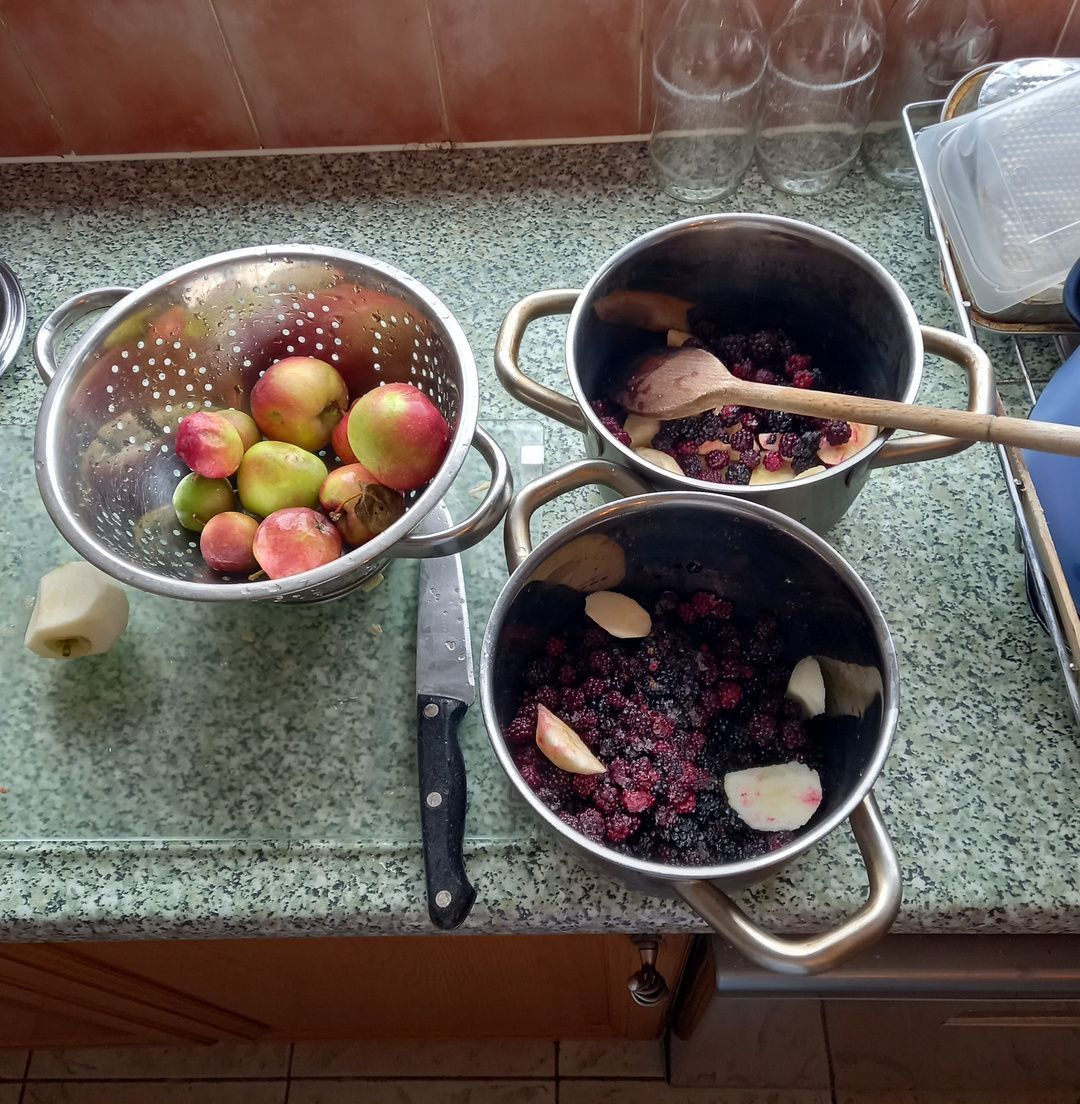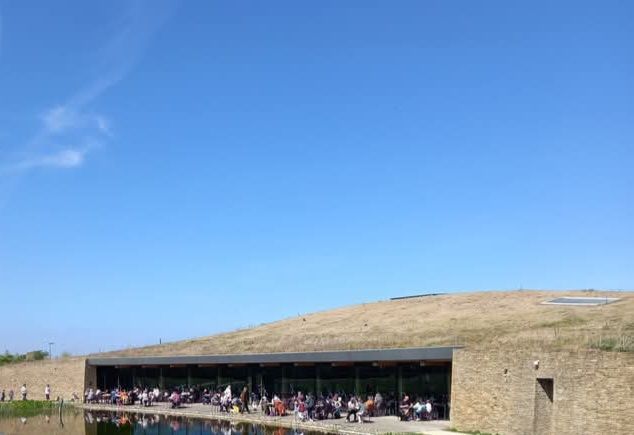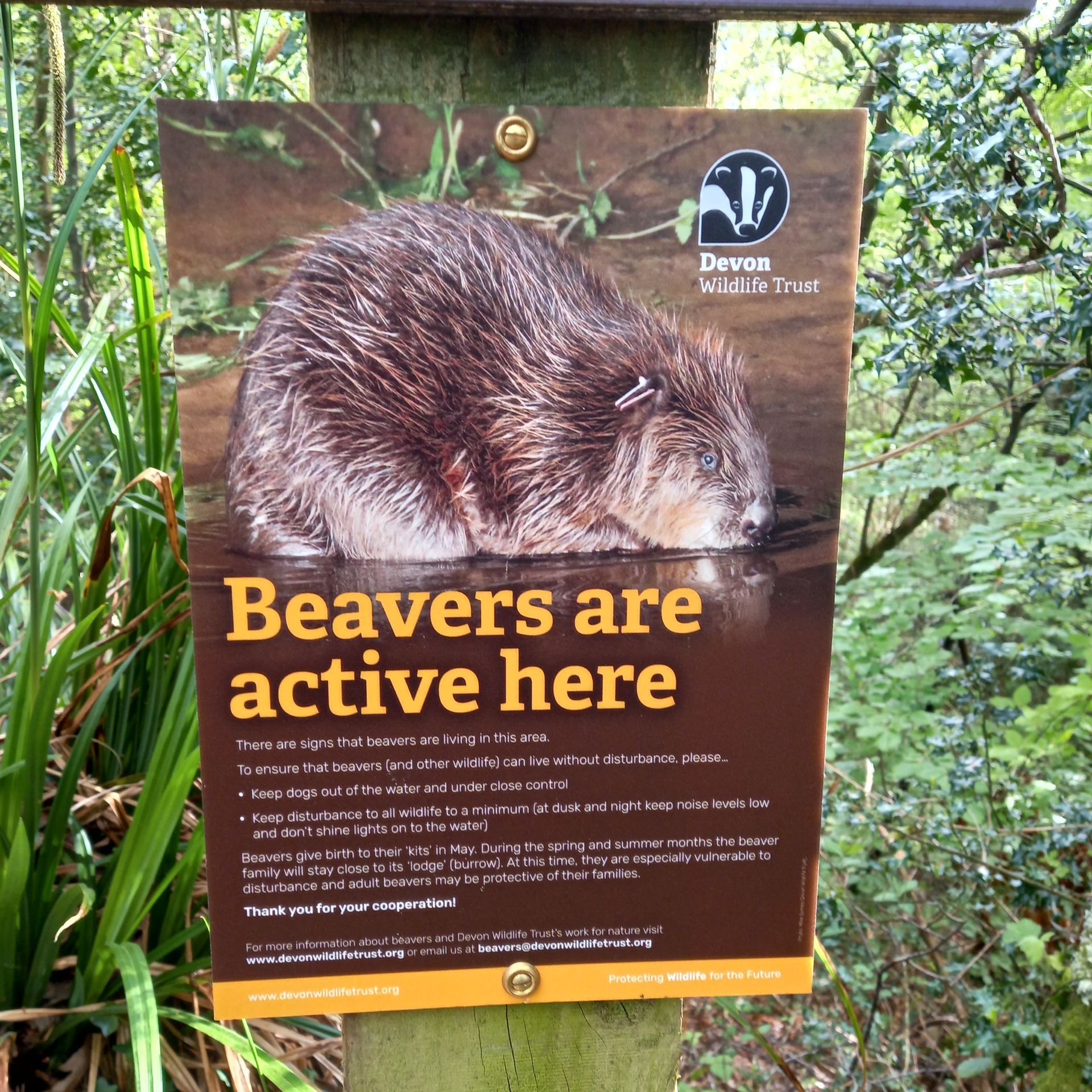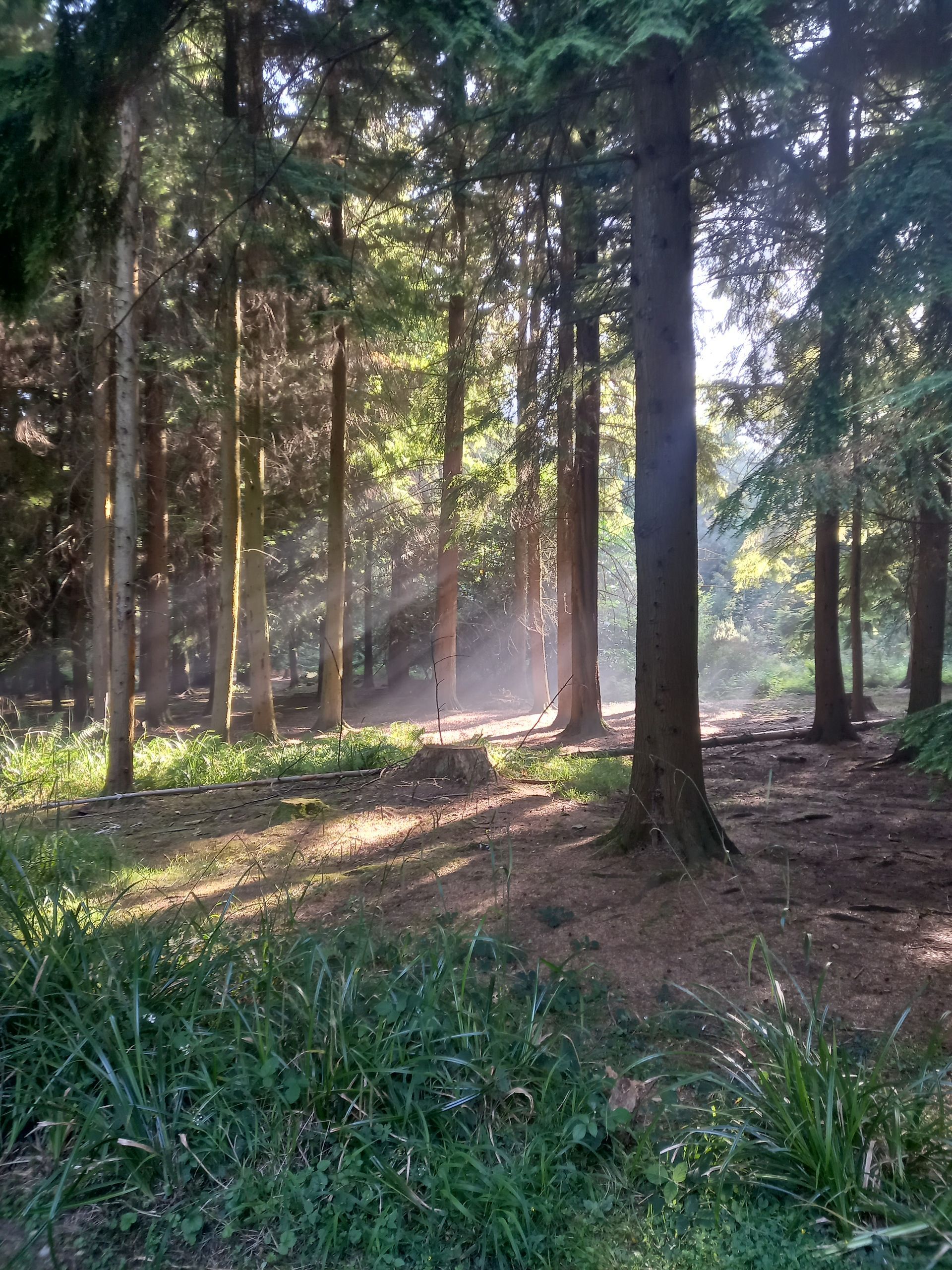Why bother going outside in winter?

It’s part 2 of my #weatherpositiveparent campaign. I chose winter to kick this off because it is the time of year that many people don’t like going outside and put off a lot of things until the weather gets warmer. However, in some respects, it’s easier to get outside in winter! You know it will be cold, you know you will need your coat and if you bring along a hat and gloves you will be perfectly prepared for most of the Great British weather. There’s no applying suncream, needing gallons of water to combat dehydration or seeking the shade, just cosy up and off you go! With the daylight in short supply a regular dose of the outside is, possibly, more important at this time of year than any other. Still not convinced? Read on and find out my top reasons for getting outside in winter:
1. It makes me happy!
If I don’t go outside regularly (and for me this means most days) I feel all ‘out of sorts’ and not quite right in the world! It’s a simple yet important reason. If it works for me it might work for you too! How often do you go outside? Could an increase in outside time increase your happiness?
2. Getting outside connects us with nature.
Even in cities and towns there is nearly always a chance to connect with the natural world: the daffodils slowly pushing their way through the soil, the bird song or a beautiful sunset. I think this connection with nature helps with point 1, happiness. When you take time to notice the natural world and to feel this awe and wonder in what’s happening all around us it is good for the soul. If we do this regularly and observe the seasonal changes that are taking place slowly as we attend to the rest of our life, it is grounding, we can see how fantastic and incredible nature is and this rhythmn of seasonal change can help to set the rhythm in our own life with a comfort and certainty that can be lacking in other areas.
Without this connection with nature we can’t really expect people to want to protect it. You have to feel part of nature and not separate to it to truly feel compelled to make a change. Sure people, generally, do things such as recycling but this doesn't necessarily mean connection. Perhaps they have to recycle because their council no longer collects the rubbish bin weekly. This is a way to ensure people limit their environmental impact. But how many disconnected people recycle (because they have to) but then leave rubbish by an over-flowing bin, flush cotton buds down the toilet or don’t think twice about using another single-use coffee cup? I’m not saying we have to be perfect (no-one is) but true protection of the planet is driven by those with a true connection with nature. With climate change predicted to cause catastrophic consequences and plastic killing animals and now known to be present within the human body we need people (ideally everyone) to link their actions to the consequences and this happens when we realise we are part of nature.
3. Children enjoy being outside and need to be connected to nature too!
As I wrote in my article I Think I’ve found my parenting style , children learn and aspire to be part of the adult world be observing and mimicking adults. They also can sniff out a faker with ease! If you pretend to like running in the rain but really hate it, they’ll know. If you say they can’t have a fruit drink in a single-use plastic bottle but then buy yourself a plastic bottle of cola they’ll see through this. Again, I’m not asking for perfection, a lot of time our choices are reliant on what’s available to us and supermarkets and manufacturers are proving very slow to get on board. However, if we live an authentic life based on our values, if we show our children we’re not perfect but we know, for instance, sitting outside in the garden is good for our mental health (though we might sometimes not be able to achieve this) our children will take this message in. This does not necessarily mean my kids are always outside or that yours will be too. To be honest, mine like being inside and rarely choose to venture into the garden in winter but they can if they want to and when they do get outside they enjoy it. They do feel the happiness I describe when being outside. They can identify some plants and animals and they show some connections with nature such as moving a snail off the path so it doesn’t get stood on and pointing out squirrels on the fence or a robin on the bird feeder. We need our children to be happy. They are the next generation of change-makers, many are already raising environmental awareness and forcing through changes in policies and I would put money on it that these are the children who get outside regularly!
4. Nature connects people .
I don’t want to demonise technology here, but it is easy to live in a house with other people but to live quite separately and owning several electronic devices does encourage isolated activities. In our household we own 2 smart phones, 2 tablets, an i-pod and a laptop (as well as 2 TV’s). I’d hazard a guess that your household is probably fairly similar. We can easily sit in separate rooms tapping away on our technology. Even when unplugged from technology we can live separately, the kids might play lego whilst I cook a meal, everyone loves to read and we often sit in separate rooms to do this. Time alone is fine (we need it) but we also need time together. Getting outside can be a way to connect as a family. I have memories of walking in the woods as a child with my family, and we can easily make these memories for our children. If we sit on a beach together, walk to school or are all out in the garden, it’s likely that some of that time will be spent talking and connecting with each other. Obviously this can happen in loads of other ways too (a meal together, a car journey, cooking together etc.) but being outside is another strategy to keep a busy family connected.
5. Nature is Medicine.
Doctors in Scotland are now prescribing nature to reduce blood pressure, improve pain control, anxiety and depression. As well as improving conditions nature can also be preventative. I have learnt, myself, to recognise when my mood is lowering and my coping strategies are failing and to take myself off for a dose of nature (a walk by the sea is particularly beneficial for me). Being outside can also help to prevent winter germs and bugs getting you! I still hear people saying they will catch a cold because it’s cold when actually you catch colds from other people! Staying inside where you are more likely to be closer to people (and germs have a nice enclosed area to stay in) is more likely to make you ill!
6. Being outside encourages exercise.
You don’t necessarily have to be active outside, I love a mug of hot tea sat in my garden but I might then just potter around and do a little bit of gardening whilst I’ve still got my coat on. Put most kids outside and they move and run and play in a way they can’t easily do inside. I love to walk and I then get exercise thrown in. What about you, is there a form of exercise or activity you like to do because it’s outside?
Getting outside in winter is just as (if not more) important than the rest of the year. It takes very little preparation (just put on your coat) but might reward you and your children with happiness, a connection with nature and a healthier life. As well as potentially creating a more environmentally aware nation. So what are you waiting for, out you go! Need more inspiration of what to actually do outside? Part 3 of my Weather Positive campaign starts this week on my social media platforms with plenty of ideas and inspiration for getting outside. Follow along using the hashtag #weatherpositiveparent and share what you are doing outside this winter.
Thank you so much to my fantastic patrons including www.natureandnurture.life and www.findingmyeco.wordpress.com for supporting my work. Because of them my blog is fully funded and you don’t have to see random adverts when reading my blog posts. My goal is to be able to carve out some dedicated time for 'Rhubarb and Runner Beans' work. I've been recently asked to be involved in some projects promoting eco-friendly living but I'm unsure if I can commit to them as I need to respond to paid job opportunities (currently, supply teaching). If I could set aside time (by increasing the number of patrons I have) I could then commit to making more of a difference within the wider community (and possibly beyond). If you feel you can help me achieve this have a look at my Patreon page. You can become a Patron for as little as $1 a month (it's US$ but any currency can be used) there are lots of rewards and patron-only posts as a thank you for supporting my work.
